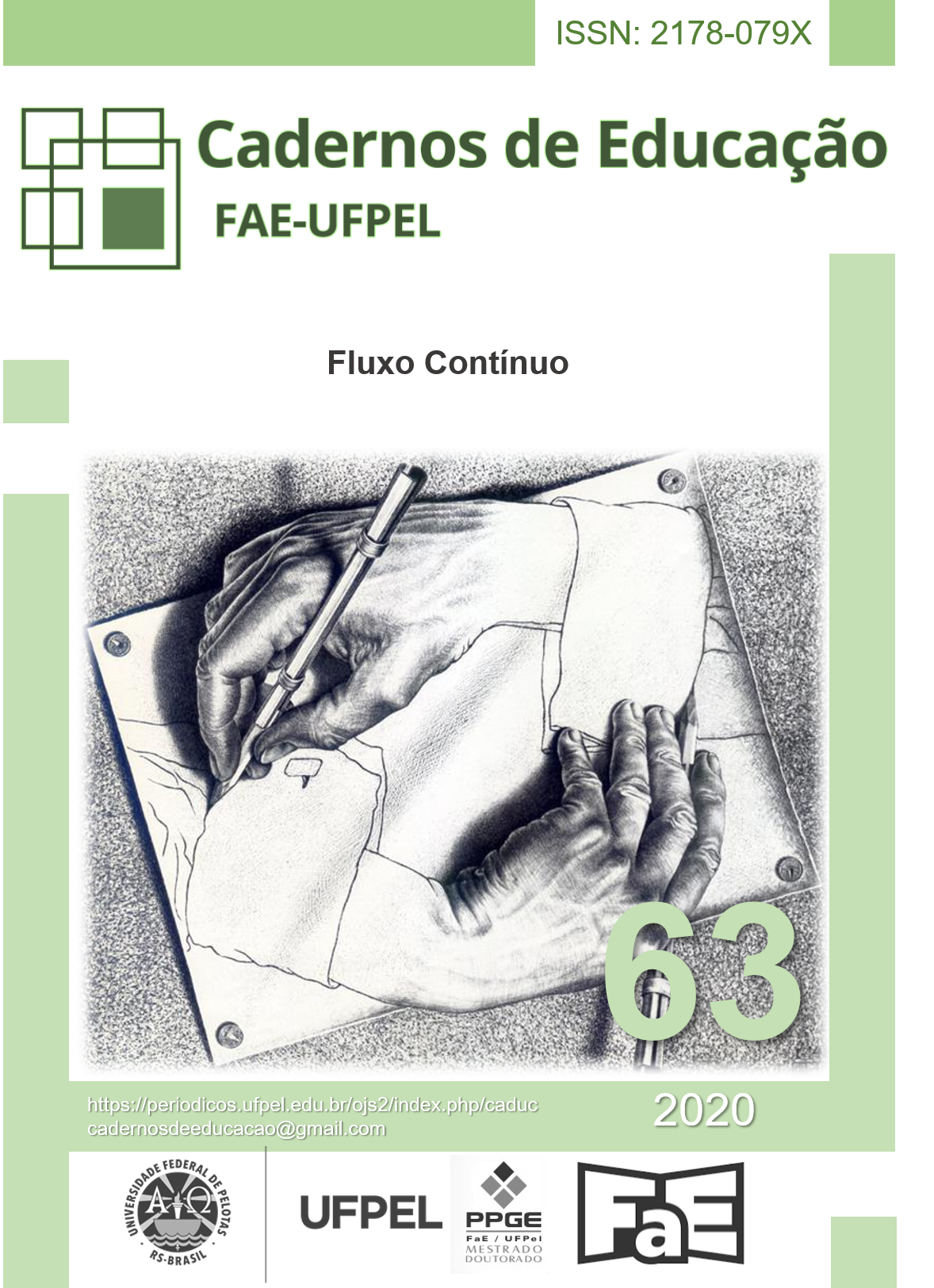THE HUSSERL'S PHENOMENOLOGICAL ATTITUDE AND THE PEDAGOGICAL PRACTICE
Abstract
This article establishes relationships between the phenomenology of the German philosopher and mathematician Edmund Husserl and the pedagogical practice of early childhood education. In the natural attitude, insertion into the world is done through sensitive experience, free from reflection and analysis; while the phenomenological attitude goes beyond objective facts as the only reality, being a reflexive and analytical attitude about the facts. Such differentiation between the natural attitude and the phenomenological attitude is considered appropriate to think about the teaching practice of the educator who is faced with the child's universe, full of fantastic beings, metaphors, symbols, fiction and make-believe. The child has his own way of relating to the world, permeated by objects that do not exist in a concrete way, but, in despite of that, are still significant. Thus, we problematize the educator's attitude towards a child who wants to talk about dragons or who is pretending to be a fairy. As we conclude this reflective itinerary, we undertake discussions about the concept of childhood and the issue and function of fantasy in childhood and adulthood.


